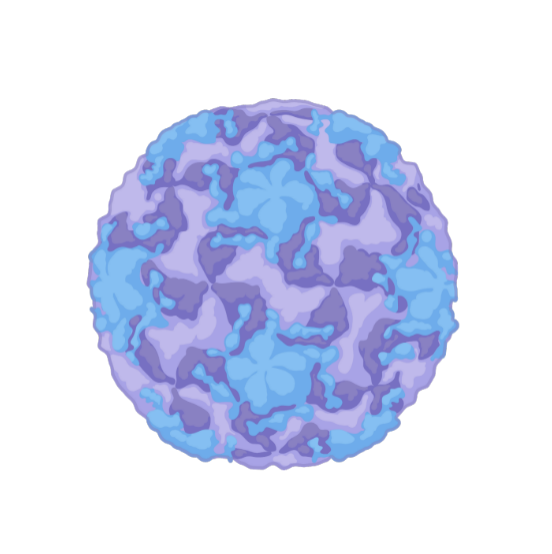At high temperatures, proteases may be completely inactivated, but this depends on the type of protease and specific temperature conditions.
Generally speaking, proteases are prone to losing their activity at high temperatures. Many proteases undergo denaturation under high temperature conditions, and their activity gradually decreases. Some proteases will completely inactivate beyond their specific temperature range. However, there are also proteases that can tolerate higher temperatures, such as gastric proteases that can maintain activity at 60-70 degrees Celsius, but their activity rapidly decreases above 80 degrees Celsius.
Specifically, the inactivation temperature of protease K is generally between 60 ° C and 70 ° C, which can cause protease K to quickly lose its activity.
In addition, the inactivation temperature and time of each protease vary, and short-term high-temperature treatment can effectively inactivate most protease-1. For example, in some studies, it is common to heat the sample to above 80 degrees Celsius and completely inactivate protease 1 within a few minutes.
Therefore, whether the protease will be completely inactivated under high temperature depends on the specific type of protease and temperature conditions.
Which company is good for protease inhibitors


